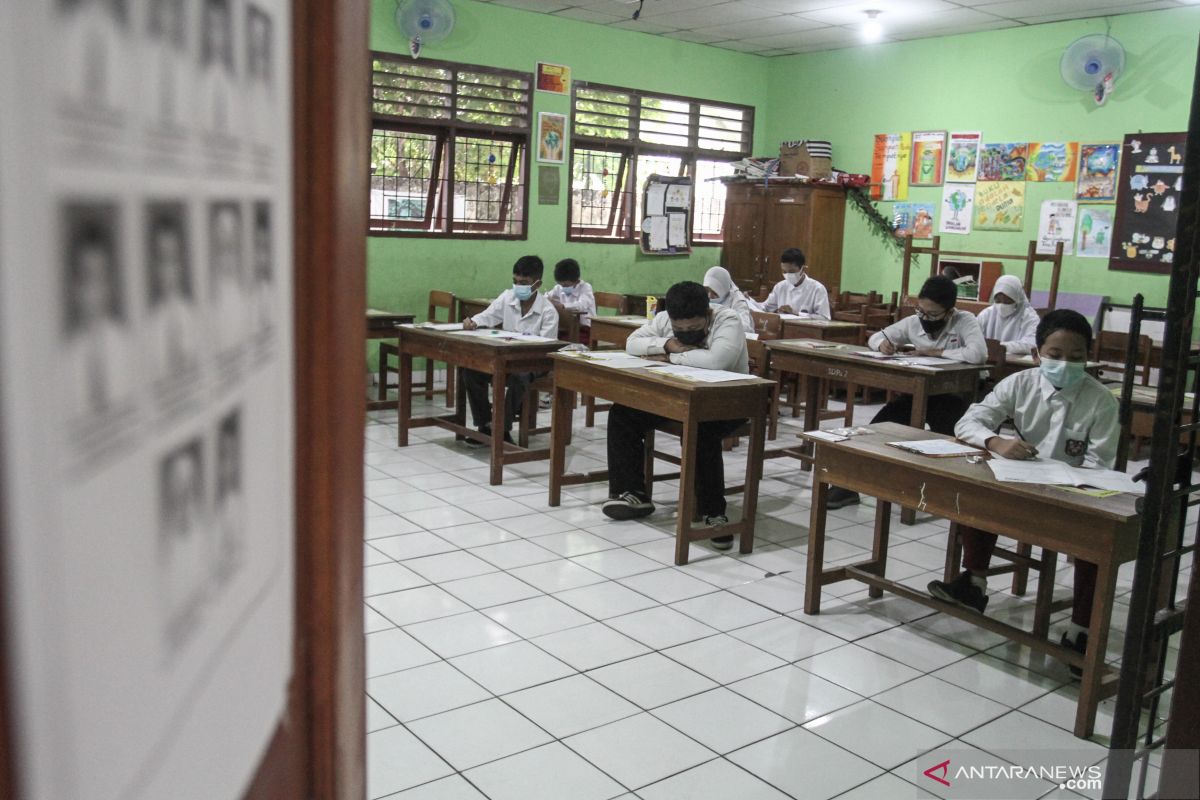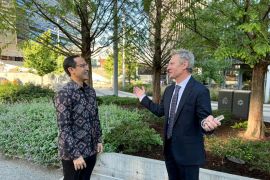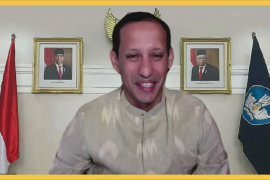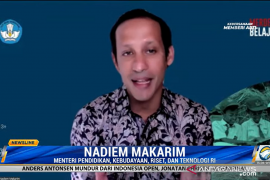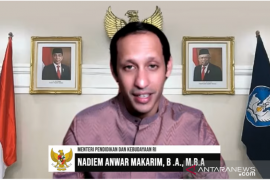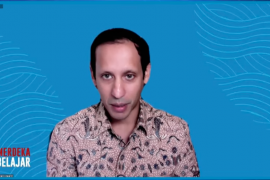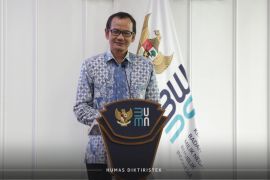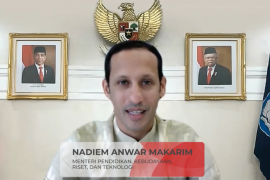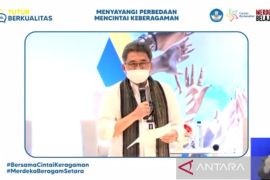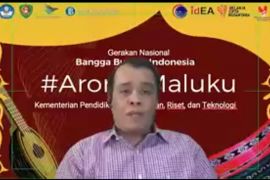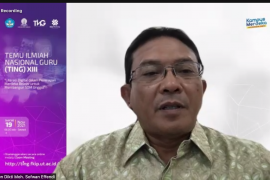"Education quality mapping needs to be immediately done. That's why national assessment is important amidst the pandemic," he explained in a written statement received here on Tuesday.
Through the mapping, the ministry can see how far behind national education is due to COVID-19, he said. Data analysis is urgently needed regarding the learning loss that has occurred, he added.
“Our lag includes anything and anywhere. With national assessment, we also know the areas and schools that most need assistance," the minister said.
House of Representatives member My Esti Wijayanti expressed her support for the national assessment.
"In my opinion, national assessment seeks to find out what the real (condition) of our school and students looks like, and (how) to plan further policies," Wijayanti opined.
Head of Research, Development Agency and Books at the Education, Culture, Research and Technology Ministry Anindito Aditomo said he is planning to conduct national assessment in regions where limited face-to-face learning is allowed.
The impact of the pandemic has also created the need for a more thorough mapping so that the ministry can immediately design more elaborate programs and interventions, he elaborated.
A RISE study in Bukittinggi has found that learning progress in 2020 -- after the emergence of the pandemic and the implementation of distance education -- was actually slightly higher than the learning progress in 2019.
This shows that learning loss is not inevitable, but it can be anticipated and mitigated, Aditomo said.
“The national assessment result allows us to prioritize schools and areas that need assistance the most. For example, with the national assessment data, the Campus Teaching program which sends student volunteers to teach, will be more focused and the assistance can be directed to the most underdeveloped schools that need assistance the most to catch up with their learning," he added.
The implementation of national assessment that year was adaptive and flexible with the pandemic situation in various regions, he informed. In conducting national assessment, the ministry is following the government's macro policy regarding the community activities restriction, he added.
"National assessment will only be carried out if the area is allowed to conduct limited face-to-face learning. If the regions are allowed to have limited face-to-face learning, logically they should do national assessment as well,” Aditomo said.
The health protocols applied during national assessment are in line with limited face-to-face learning, as stipulated in the Joint Decree (SKB) of the Four Ministers, he added.
The ministry has instructed the education unit to inform the parents of the chosen students of the details and purpose of the national assessment, he said. The national assessment will be conducted on February, March, and April the following year for regions which do not carry out the national assessment in 2021, he added.
Students will be randomly selected to represent the population in the school, Aditomo said. Those selected are expected to take part in the national assessment according to a detailed schedule that will follow, he informed.
If selected students fall sick or show COVID-19 symptoms, have comorbidities, or cannot travel to school safely, then they may be replaced by other back-up students, he added.
The local governments have been tasked with coordinating with education units in the implementation of rehearsals and D-days, he said. The local governments are also conducting supervisor training for each education unit in each province and city or district, he added.
Related news: Learning freedom to liberate minds of teachers, students: KSP
Related news: Education Ministry dispatches 970 Indonesian students to 28 countries
Translator: Indriani, Mecca Yumna
Editor: Rahmad Nasution
Copyright © ANTARA 2021
